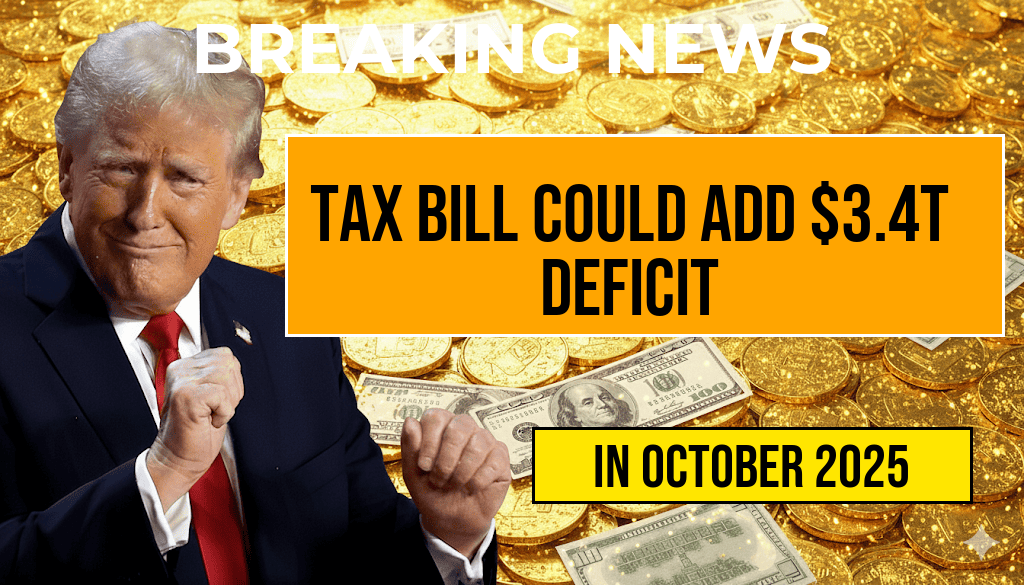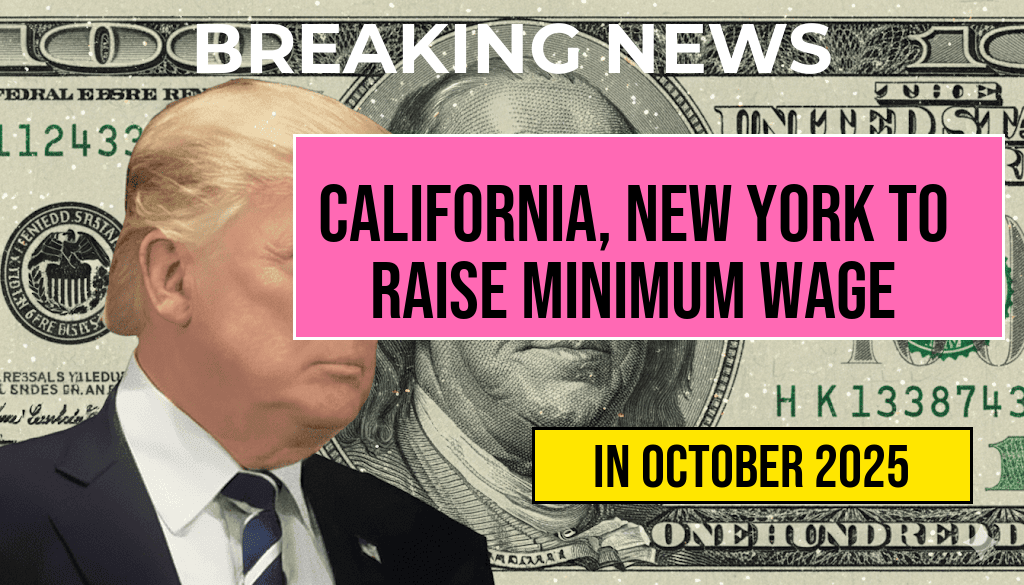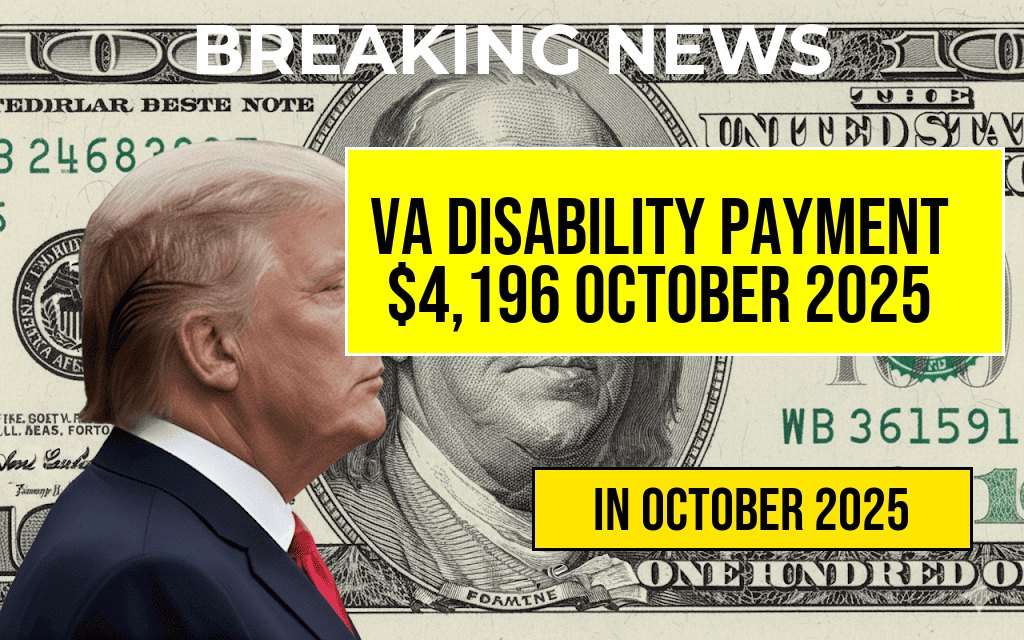Amid ongoing debates over federal fiscal policy, a proposed legislative package dubbed the “One Big Beautiful Bill” has sparked significant concern among economists and policymakers. Critics warn that if enacted in its current form, the bill could lead to a dramatic increase in the national deficit—potentially adding three point four trillion dollars over the next decade. The legislation, aimed at broad economic reforms, includes substantial tax cuts, new spending provisions, and regulatory changes that could significantly alter the federal budget landscape. Supporters argue that the bill would stimulate economic growth and job creation, but skeptics emphasize its potential to exacerbate existing fiscal deficits and debt levels, threatening long-term fiscal sustainability.
Understanding the Fiscal Impact of the ‘One Big Beautiful Bill’
Key Components and Provisions
- Tax Cuts: The bill proposes sweeping reductions in corporate and individual income taxes, intended to boost investment and consumer spending. These cuts are projected to reduce federal revenue by approximately $2 trillion over ten years.
- Spending Increases: Significant allocations are allocated toward infrastructure, education, and healthcare programs, with estimated costs totaling around $1.5 trillion during the same period.
- Regulatory Reforms: Changes aimed at deregulation in energy, finance, and environmental sectors are expected to incentivize economic activity but may also reduce federal oversight and revenue.
Projected Fiscal Outcomes
| Component | Cost/Revenue Impact (over 10 years) |
|---|---|
| Tax Cuts | −$2 trillion |
| Spending Increases | +$1.5 trillion |
| Net Effect | + $3.5 trillion |
While these figures are estimates subject to legislative and economic variables, independent analyses suggest that the overall impact could be an increase in the federal deficit by approximately three point four trillion dollars. This projection considers current economic growth assumptions and the bill’s proposed measures, but actual outcomes could vary based on implementation and external economic conditions.
Economic and Political Reactions
Expert Concerns
Many fiscal analysts warn that such a large increase in the deficit could have adverse effects on the economy. Dr. Laura Simmons, an economist at the University of Chicago, notes that “while tax cuts can stimulate growth in the short term, the long-term fiscal implications of a $3.4 trillion deficit surge could be destabilizing, leading to higher interest rates and crowding out private investment.”
Legislative and Political Dynamics
Supporters of the bill argue that the economic growth generated by the reforms will offset the initial deficit increase, citing historical examples such as the Tax Cuts and Jobs Act of 2017. However, opposition legislators emphasize the risk of ballooning debt levels, especially as the U.S. grapples with rising inflation and global economic uncertainties. The bill’s future hinges on negotiations within Congress, where partisan divides are likely to influence the scope and scale of its provisions.
Historical Context and Future Outlook
Comparative Analysis with Past Legislation
Previous major tax and spending reforms, such as the Reagan-era tax cuts and the Bush tax cuts, similarly spurred debates over deficit impacts. While initial economic growth was often cited as justification, long-term fiscal health frequently suffered due to increased borrowing. The current projections suggest that the “One Big Beautiful Bill” could follow a comparable trajectory, intensifying fiscal pressures.
Implications for U.S. Debt Trajectory
The Congressional Budget Office (CBO) estimates that the United States’ national debt could surpass 120% of gross domestic product (GDP) within the next decade if the bill’s effects materialize as projected. Such a level is unprecedented in modern U.S. history and could complicate future policymaking, especially regarding interest payments and social programs.
Sources and Further Reading
- U.S. National Debt – Wikipedia
- Forbes Analysis on the Bill’s Fiscal Impact
- Congressional Budget Office Report
Frequently Asked Questions
What is the main concern regarding the “One Big Beautiful Bill”?
The primary concern is that the bill could significantly increase the U.S. deficit by approximately three point four trillion dollars, raising questions about its fiscal impact.
How might the bill affect the national budget deficit?
The bill has the potential to expand the deficit by adding substantial fiscal pressure, which could impact the country’s economic stability and public debt levels.
Who is warning about the potential increase in the debt caused by the bill?
Taxpayer advocates and economic experts are cautioning that the bill’s provisions could lead to a massive rise in the national debt.
What are the possible implications of a higher deficit for taxpayers?
A larger deficit could result in increased tax burdens in the future, reduced federal spending on services, and overall economic uncertainty.
Are there any measures proposed to prevent the deficit from increasing?
Currently, policy makers have not enacted specific measures to counteract the deficit increase caused by the bill, raising concerns about its long-term fiscal sustainability.








